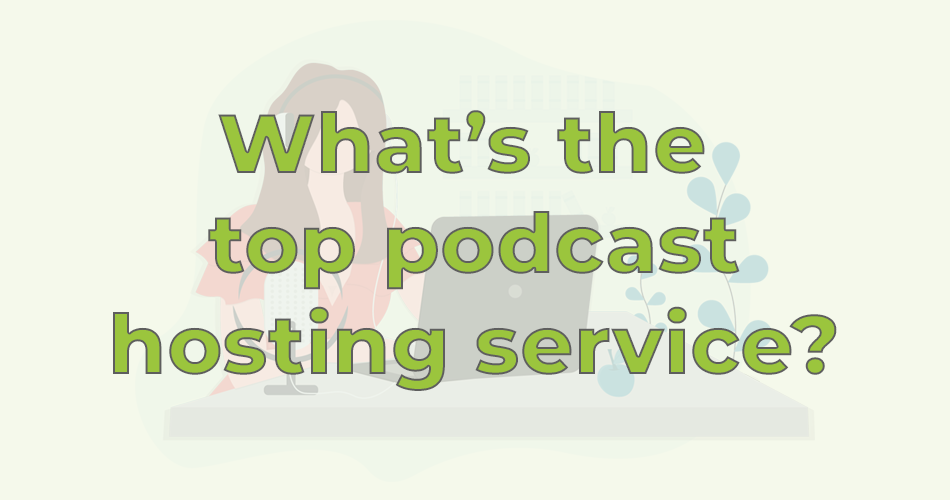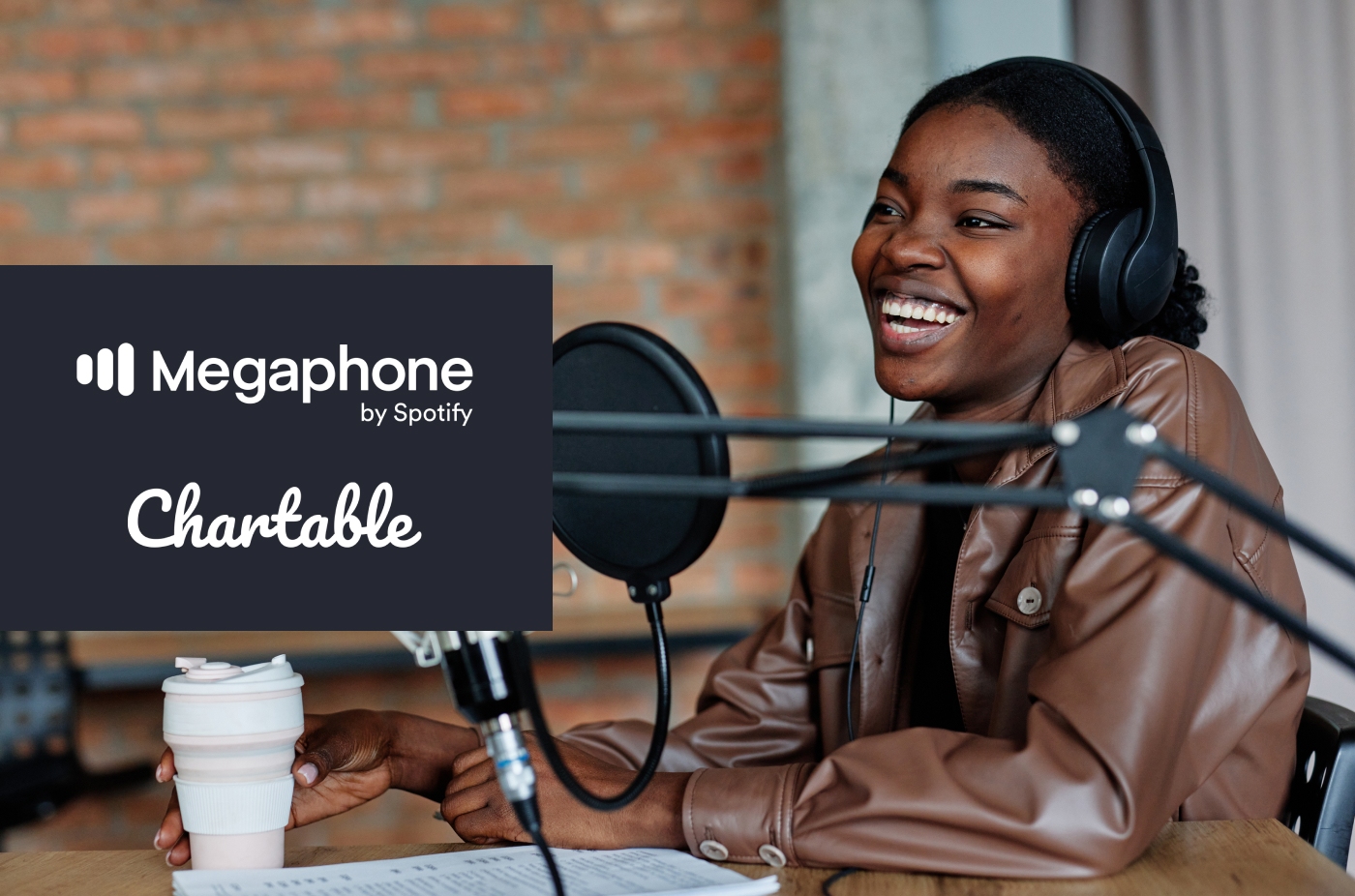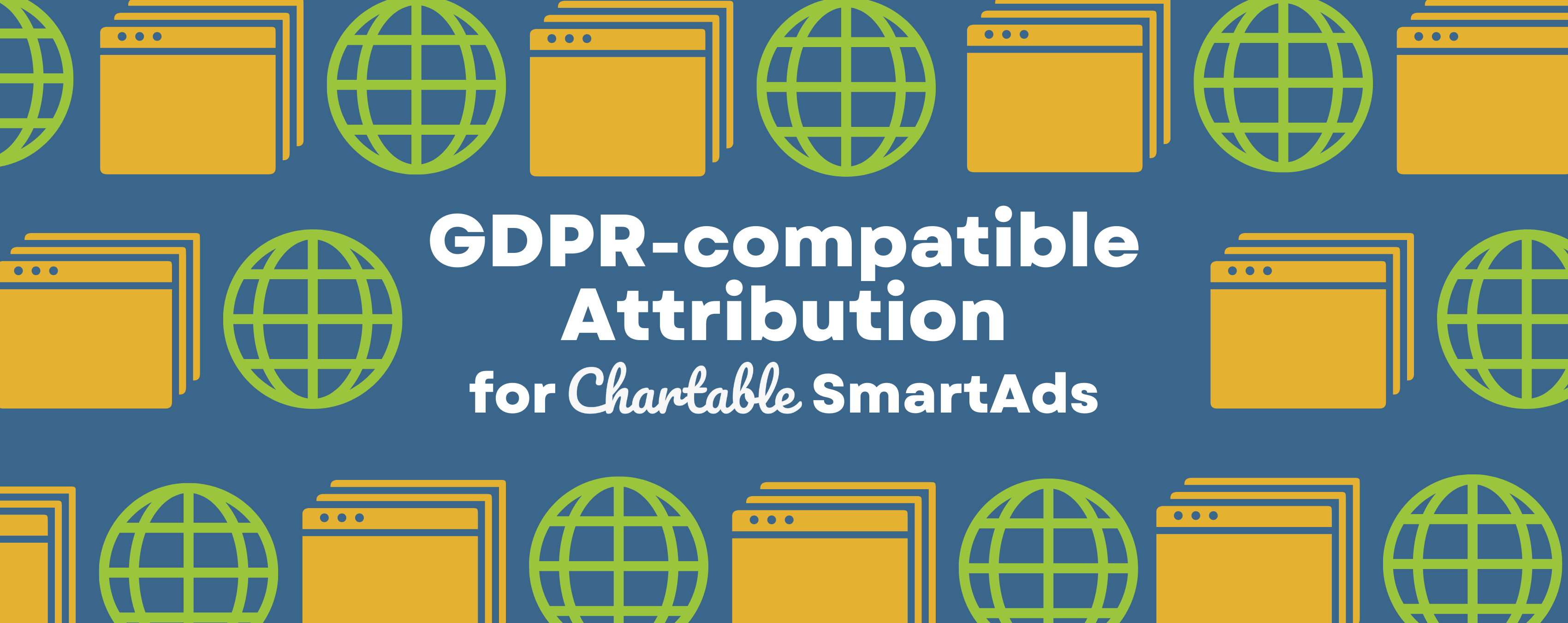I kicked off our blog last week with an investigation into hosting services, The Top Podcast Hosting Platforms of 2018. Like any good post, it generated some discussion on Twitter and elsewhere. But it was also flawed: despite my best efforts to find the real host of a show, I didn't differentiate between feed hosting and media hosting. So I decided to take another pass, examining the data carefully to try to represent what's going on as best I can.
The first step was to ensure we're accurately representing the podcasts in Apple's directory—I went back to our data sources to grab even more podcasts and episodes; we now track nearly 530,000 podcasts and 23,000,000 episodes. Then I asked: who's really hosting each podcast? Some podcasts host their feeds themselves or with one provider, and host their media files elsewhere. To make sense of it all, I split everything into four separate pieces:
- Media hosting: the service that actually delivers the MP3s.
- Feed hosting: the service used to deliver the RSS feed. We won't dig into these because they're almost always the feed generator or self-hosted.
- Feed redirects: services that wrap and redirect an RSS feed, usually for stats-gathering purposes.
- Feed generator: the service used to generate the feed; often, but not always the same as the feed hosting and/or media hosting service.
Most of the time, and especially for newer podcasts, the same company performs all of these services—only around 15% of podcasts use different services for one or more of these pieces, but they're an important subset of all podcasts.
We'll take a look at feed generators, redirects, and media hosting before finally revisiting the big question: What's the top podcast hosting service?
Feed generators
Most RSS feeds include a field called “generator,” which tells us which program or service created the feed. Soundcloud and a few other services don't fill out this field, but others do. And some podcasts use a different service for feed generation, like Blubrry PowerPress. It's a popular product that generates RSS feeds that are then served up by Wordpress, so we'd miss its impact on hosting without taking a look.
PowerPress doesn't leave a signature in the Generator field, but does leave a mark in an HTML comment in the feed, so we're able to catch it for a fair number of podcasts. There's also a really long tail of other feed generation tools—1,741 of them, to be exact, from “A-Infos Radio Project” to “yada yada productions." And for what it's worth, the folks behind "Just Castin'" have served up 162 episodes of their show with "your mother" in the generator field. 🤔
Feed redirects
Many podcasters choose to wrap their feed in a redirection service to get better statistics. The four major services that pop up often are Blubrry, Feedburner, Podtrac, and Feedpress.
The most common service is Feedburner, even though Google has essentially abandoned the product—it offers interesting statistics on the overall number of “subscribers” based on unique feed fetches, as well as download statistics. Blubrry and Feedpress offer similar services as well, while Podtrac wraps feeds in order to provide podcasters with 3rd-party confirmation of their traffic.
These numbers are remarkably constant over time—the graph for podcasts launched in the last 6 months looks essentially identical to the one above for all podcasts.
Media hosting
Audio file delivery is probably what most people think of when they think of podcast hosting services. It may be the most important piece of the puzzle—it's the last touchpoint between you and your listeners, which means it's also the last opportunity to insert an ad or do any stat tracking.
Based on feedback to my original post, I made an extra effort to identify popular hosting services that might be hidden behind other domains. Libsyn and Streamguys, for example, offer media hosting behind a custom domain name, like audio.wnyc.org. So I looked up both CNAME and A records for each media hosting domain, and grouped services together based on what they actually point at. This increased the number of shows for many providers like Libsyn, Podbean, and Squarespace.
Let's revisit the major graphs we looked at last time: all-time podcast media hosts, hosts for podcasts started in the last 6 months with 10 or more episodes, and the top 400 podcasts in the US. First, looking at all podcasts:
The numbers for all podcasts look pretty similar to last time, which makes sense—I'd have to be wildly off at scale to get things wrong across 500,000+ podcasts. Things get a bit more interesting when we filter to shows published in the last 6 months with 10 or more episodes:
One major difference is that Blubrry hosting has dropped down the chart. That's because I was counting their feed statistics service as media hosting, which was incorrect. We also see a rise in media files served by the Internet Archive, which is surprising. Looking at these changes together, we conclude that a sizable chunk of podcasters are using Blubrry for feeds and statistics, but hosting media on Archive.org.
Finally, we get to the US Top 400 chart, where we see major changes from last time:
Libsyn still tops the charts, but there are a number of new entrants. NPR's media files are actually served by Triton Digital, and WNYC's by Streamguys. And the Dovetail platform from PRX serves many podcasts as well.
Other than those new entrants, the rankings are more or less similar—we're just correctly identifying the services behind many custom domains, which means fewer podcasts show up as “Other” in the list.
Conclusion
So what's really the top podcast host? By sheer numbers, Anchor is quickly climbing from #2 overall to #1. Yet the top 400 US podcasts are served by a very different set of players than the overall podcasting ecosystem, and Libsyn sits at the top of that list. We'll continue charting the changes in the podcast ecosystem as they happen.
For more posts like this, subscribe to our newsletter using the form below or by visiting https://chartable.com/blog. And if you're a podcaster, be sure to sign up for Chartable's podcast analytics.
Have any questions about podcasts you'd like answered? Just reach out via email at [email protected] or on Twitter @ChartableDotCom; or check out Chartable's API and Data Concierge service.




